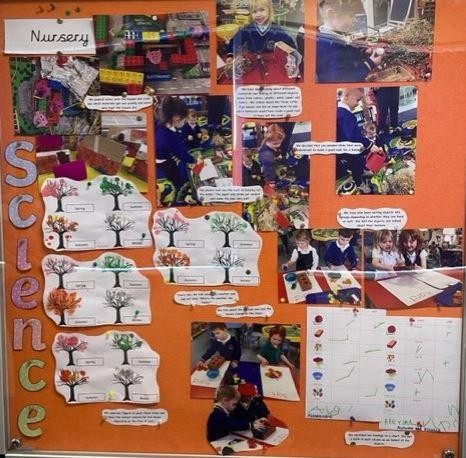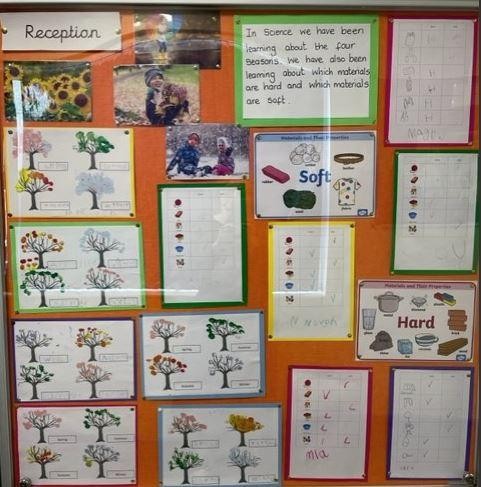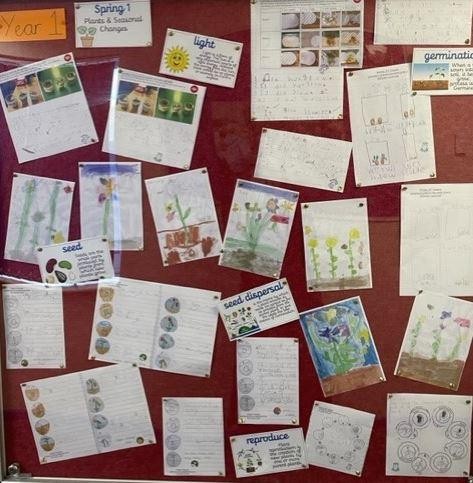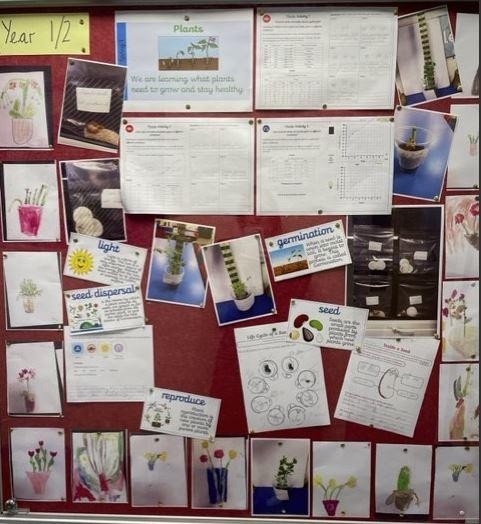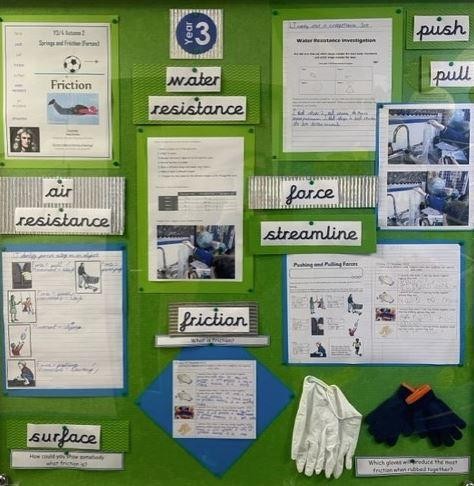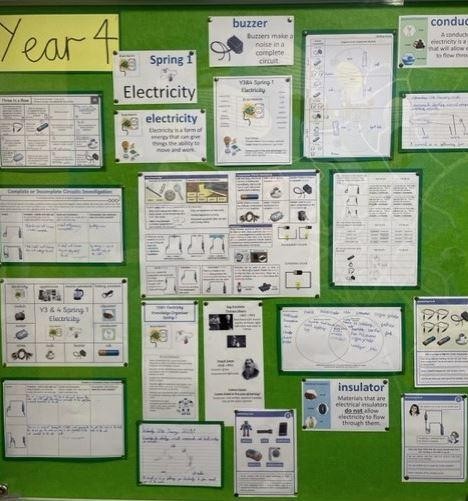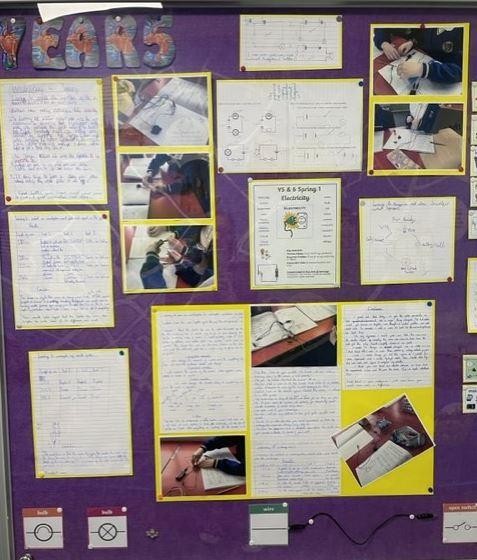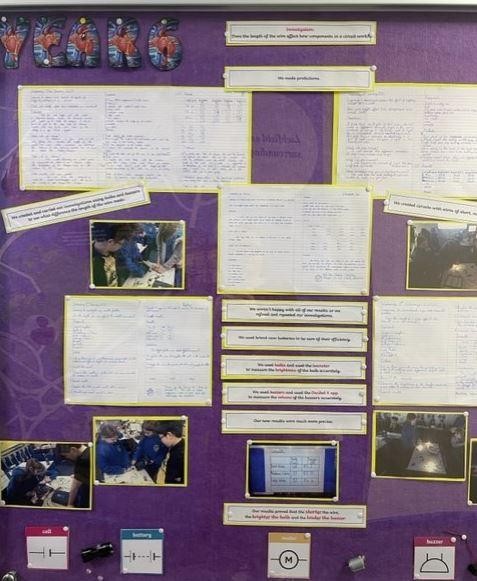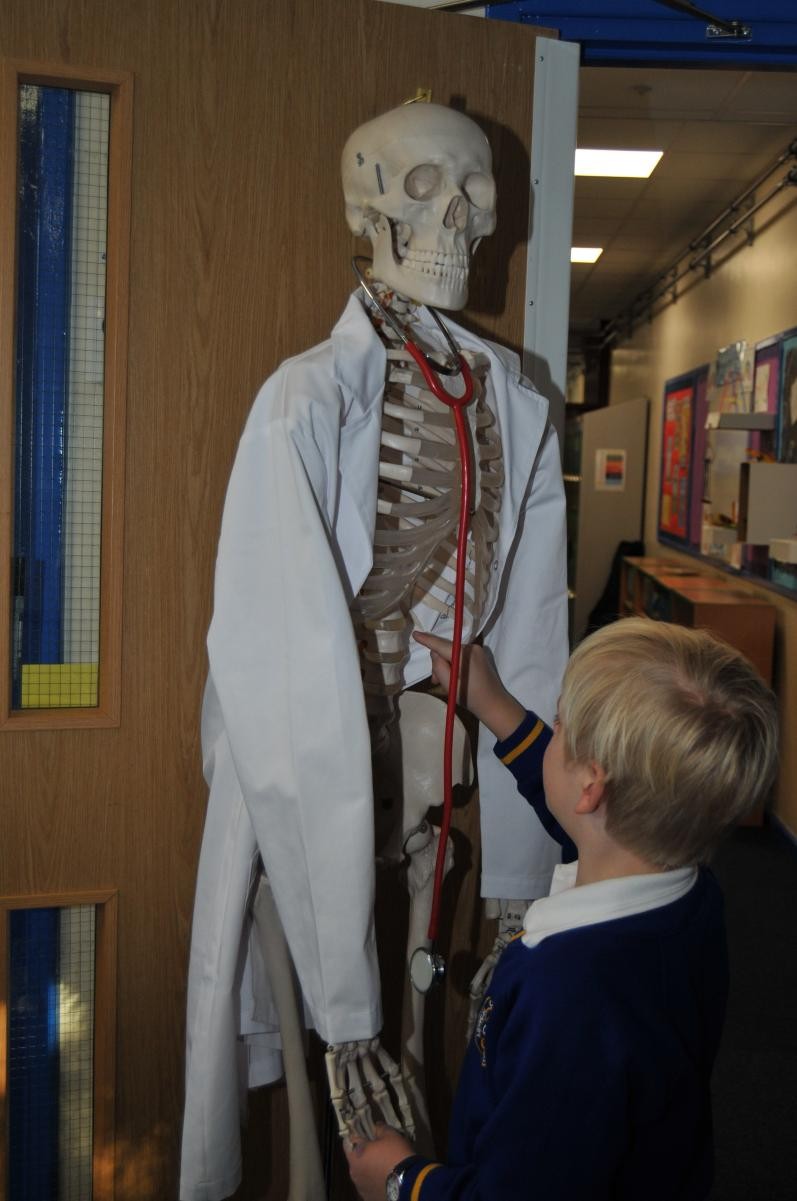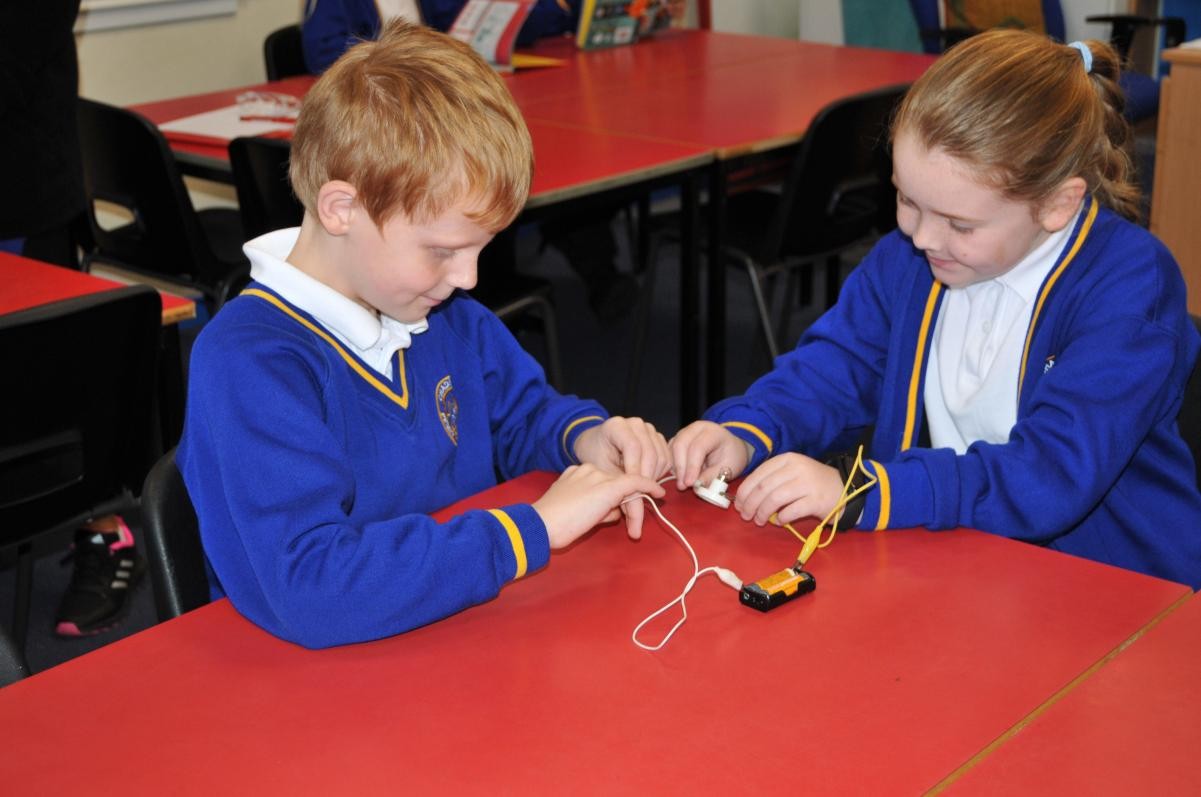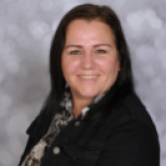
Mrs Chapman
Science Lead
At Chadsmead Primary Academy, our science teaching and learning provides opportunities for all learners to:
- develop scientific knowledge and conceptual understanding through the specific disciplines of Biology, Chemistry and Physics;
- develop understanding of the nature, processes and methods of Science through different types of science enquiries;
- be equipped with the scientific knowledge required to understand the uses and implications of Science, today and for the future.
- develop the essential scientific enquiry skills to deepen their scientific knowledge.
- Use a range of methods to communicate their scientific information and present it in a systematic, scientific manner, including ICT, diagrams, graphs and charts.
- Develop an enthusiasm and enjoyment of scientific learning and discovery.
At Chadsmead Primary Academy, ‘scientific enquiry skills’ and ‘working scientifically skills’ are embedded in each lesson that children study and these skills are continuously revisited and developed throughout their time at school. We follow the statutory guidance of the National Curriculum and also teach discrete lessons designed to revisit previous learning.
Children build upon their prior knowledge during ‘Knowledge Recall’ weekly sessions, which increases their enthusiasm for the learning whilst embedding this procedural knowledge into the long-term memory.
Our Nursery and Reception children actively participate during engaging scientific activities during their continuous provision, where they begin to develop an understanding of the world around them and gain the essential scientific knowledge and skills they need as they begin their curriculum journey.
Specialist vocabulary for topics is taught and built up, and effective questioning to communicate ideas is encouraged.
If children are keeping up with the curriculum, they are deemed to be making good or better progress. In addition, we measure the impact of our curriculum through the following methods:
- A pre and post unit quiz to assess progress and embedded knowledge;
- A carefully mapped Science curriculum;
- Pupil discussions about their learning;
- Visits to lessons and dialogue with teaching staff.

